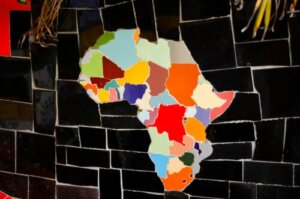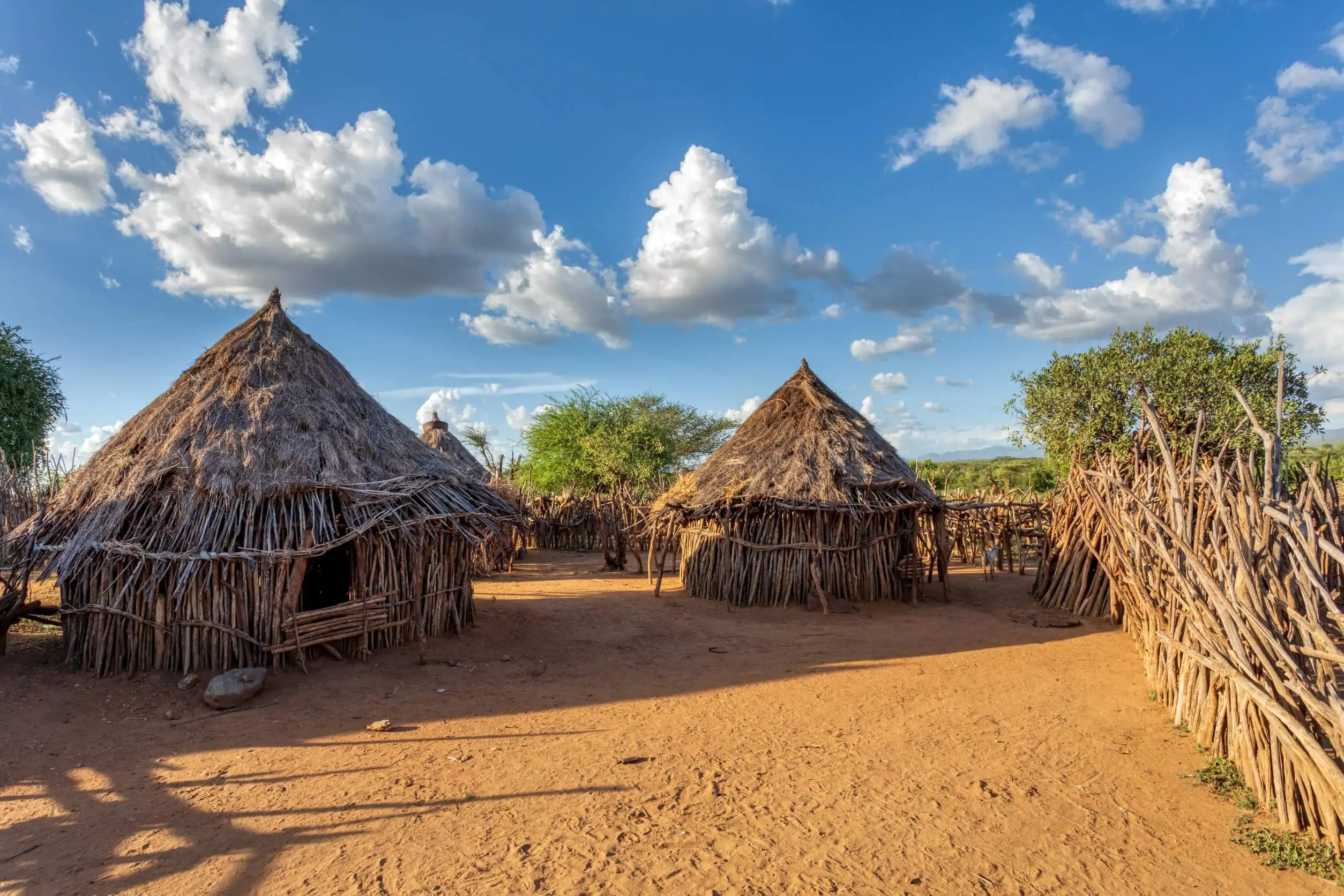What Is Negritude, the Movement for Afro-Equality?

Negritude is an intellectual and literary movement that originated in Paris in the 1930s. It defends the values of African societies and calls for the recovery of their culture.
This movement quickly spread to different parts of the then-French colonies, such as the current Senegal, Ivory Coast and Benin, in Africa, and Guadeloupe, Martinique and Haiti, in the American West Indies.
Its main figure was Léopold Sédar Senghor (elected first president of the Republic of Senegal in 1960). Together with Aimé Césaire of Martinique and Léon Damas of French Guiana, they began to critically examine Western values and to revalue African culture.
Origin and development of the movement
The negritude literary movement was born in the Parisian intellectual context of the 1930s and 1940s. It was the product of the union of black writers who sought to reaffirm their cultural identity and to rebel against the implicit superiority of European cultures over African ones.
In this sense, through literature, negritude defended ideas about African religions and cosmologies, narrated historical events that occurred on the continent, taught the contributions of African cultures to humanity, and vindicated black identity and the freedom of African societies from Western colonial domination.
Aimé Césaire was the first to coin the word “negritude” in his 1939 poem, entitled Cahier d’un retour au pays natal (Notebook of a return to the native country). There he stated:
My negritude is not a stain of dead water, in the dead eye of the earth, but takes root in the burning flesh of the earth.
Alongside Césaire, Léon Damas and Léopold Sédar Senghor created poetry that would define negritude. The best-known works of these poets were Pigments (Damas), Hosties noire, Chants d’ombre (Senghor), and Cahier (Césaire).

Expansion of negritude to other countries
At the outbreak of World War II, the leaders of the movement left Paris for the Caribbean and Africa. From there, new forms of negritude emerged in these places, whose expression encompassed not only literature, but other types of art, such as music and painting.
After the war, Paris again became the center of negritude activities. On this occasion, many artists from Africa and the Caribbean migrated to the city to study. Among them were Frank Bowling, Aubrey Williams, Donald Locke, Ben Enwonwu and Uzo Egonu.
You may be interested in: The Rise of the Cancel Culture
World Festival of Black Arts
In 1966, Senghor organized the first World Festival of Black Arts in Senegal. Many black artists, musicians, writers, poets, and actors had the opportunity to participate in a global examination of African culture.
Senghor’s goal was to promote the concept of negritude as a viable philosophical model. In addition, he sought to revalue African tribal art, which, until then, had been viewed with some indifference by the African diaspora.
This event spurred the beginnings of the international black arts movement and has been repeated on two subsequent occasions – in 1977 in Nigeria and in 2010 in Dakar.
Discover more: To Be Alone is the Price You Pay for Freedom
Foundations of negritude
The negritude movement emerged as a protest against French cultural domination and assimilation policy. It therefore advocated the following:
- The mystical warmth of African life, gaining strength from its closeness to nature and its constant contact with ancestors. This should continually be placed in the proper perspective against the soullessness and materialism of Western culture.
- Africans should look to their own cultural heritage for the values and traditions that are most useful in the context of the modern world.
- Committed writers must use African subject matter and poetic traditions to awaken the desire for political freedom.
- Negritude itself encompasses the totality of African cultural, economic, social, and political values.
- Above all, the value and dignity of African traditions and peoples must be affirmed.

Does it still continue?
Negritude responded to the alienated position of blacks in history and asserted an identity of its own for them. In turn, from a political point of view, the movement was an important aspect of the struggle against colonialism. It had an impact on how the colonized saw themselves and positioned themselves in the cultural fabric of the West.
Finally, there is no clear end date for the movement. In fact, some literary critics say it will still continue in any artistic expression that affirms black identity.
All cited sources were thoroughly reviewed by our team to ensure their quality, reliability, currency, and validity. The bibliography of this article was considered reliable and of academic or scientific accuracy.
- Bachir S. Négritude [Internet]. California: Stanford Encyclopedia of Philosophy; 2108 [consultado el 17 de sep de 2022]. Disponible en: https://plato.stanford.edu/entries/negritude/#ManForNeg
- Navarro G. El movimiento de la négritude y el problema de la “unidad” panafricana (1919-1945). Cuadernos Intercambio sobre Centroamérica y el Caribe [Internet]. 2020;17(2):e1. Recuperado de: https://www.redalyc.org/articulo.oa?id=476962934007
This text is provided for informational purposes only and does not replace consultation with a professional. If in doubt, consult your specialist.








